The verb “to be” is one of the most important verbs in the English language. If you are a student of English, it is surely one of the first topics that have been mentioned to you.
This is because ’to be’ has a very wide use. Mastering it correctly in all of its forms and tenses will require your attention. Once you have full mastery, it will allow you to communicate in a highly-effective manner.
You probably already use the verb “to be” to express yourself in many ways. However, we know that some verb forms are more complicated than others or perhaps not so common, so we've come to the rescue!
Today we will learn different ways to use the word ‘been'. ‘Been' is the past participle of the verb “to be”. But what does it mean?
While learning English you have heard terms such as “past perfect”, “present perfect” and “past participle”. Maybe they sound complex, and you may not understand what they are all about but, trust us, they are not as complicated as they sound.
Do you remember those long lists of verbs you once read? If you don’t, there’s no problem. They were used to list verbs in three forms: infinitive (this means the verb itself) and two past forms of the verb: the simple past and the past participle.
The past participle was usually written in the third column. This form can be used to structure what we call perfective tenses (present, past, and future), also the passive voice and the third conditional.
Here are some quick examples of how you can use each of them. Go ahead!
Table of Contents
Present Perfect
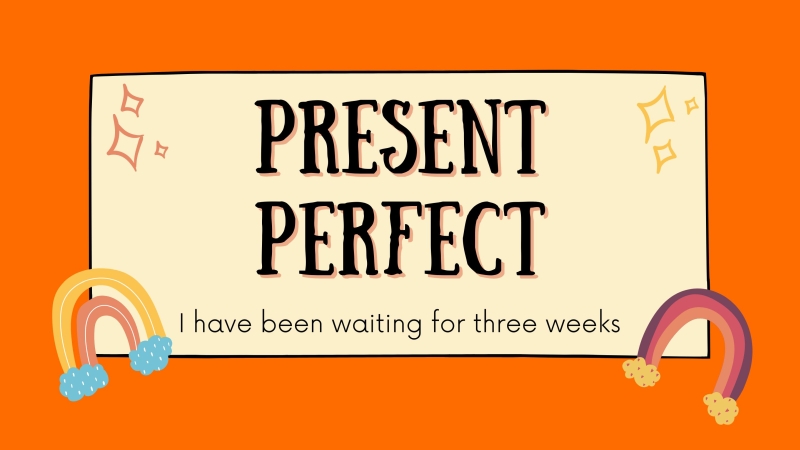
We use the past participle of “be” to refer to an event that happened at a time in the past and was repeated several times in the past or an action that began in the past and continues to the present. We call it present perfect. We build this tense by using the subject plus the auxiliary verb “to have” in the present tense and the past participle (in this case ‘been'). For example:
“I have been waiting for three weeks”
This is an event that started in the past (the person started waiting) and is still happening in the present (the person is still waiting). Note that if the subject of a sentence is I, you, they, or a plural noun (houses, cars, cats) we use “have been”. If the subject of the sentence is he, she, it, or a singular noun (house, car, cat) we use “has been”.
Past Perfect
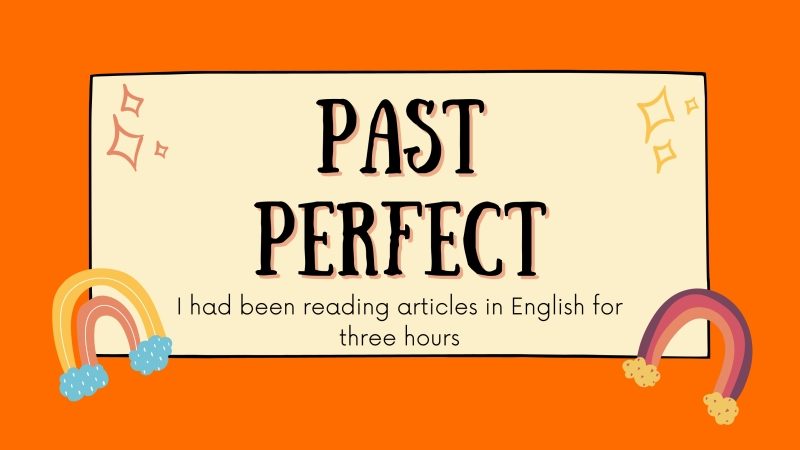
We can also use the past participle to refer to an event that started in the past and continued up until another time in the past. This is what we call past perfect. We build this tense by using the subject plus the auxiliary verb ‘have’ in the past tense (had) and the past participle (in this case “been”):
“I had been reading articles in English for three hours”
The difference between the present perfect and the past perfect is that in the present perfect tense the event we are talking about started in the past and continues to the present, while in past perfect the event started in the past and ended at another point in the past. It never touches the present.
Future Perfect
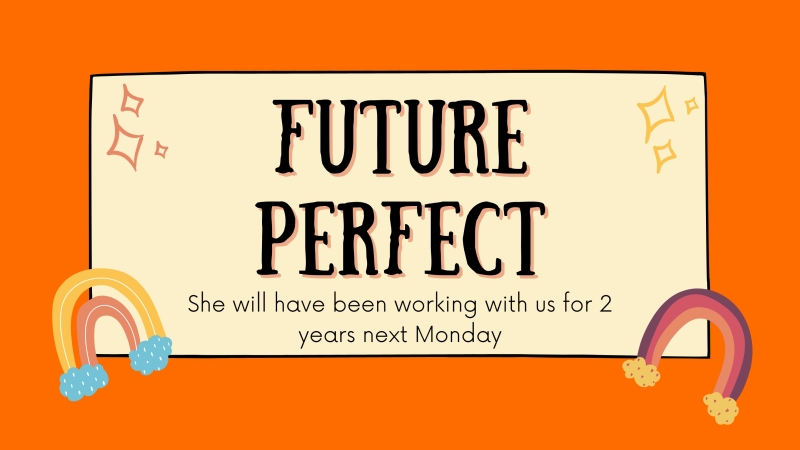
Another of the perfective tenses is the future perfect, which is used to talk about an action that will happen in the future and will be completed at a certain point in the future. To build it we use the subject plus will/won't plus the verb “to have” and “been”:
“She will have been working with us for 2 years next Monday”
“When he turns 25, he will have been playing football for 5 years”
The actions in these sentences take place in the future but also in the present. In the first sentence, for example, the person is already working at a company but will complete two years of work in the future (on Monday).
Additionally, you can also use ‘been' to ask questions in any of the perfective tenses:
“How long had you been studying English before you moved to the USA?”
“Had you been there before the incident?”
Remember to use “have” when asking about a past event that has been repeated or continues up to the present, “had” for a past event that ended at another time in the past, and will/won't for any event that will occur in the future and will be completed at a certain point in the future.
Passive Voice
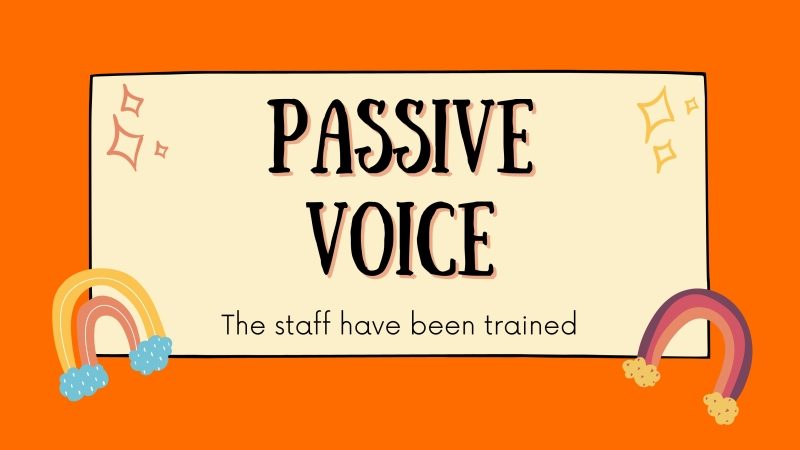
We have already seen how to use the past participle of the verb “to be” in the perfective tenses, but you can also do it when forming the passive voice. The passive voice is used when we talk about an action that does not focus on the subject but on the object to which the action is directed. The object becomes the protagonist.
For example: “The house has been built in the midst of a pandemic.”
In this case, we are not talking about who built the house but about the house itself. We call this passive voice. As with the present perfect, when forming the passive voice, we use ‘have’ or ‘has’, depending on the pronoun used, before the word ‘been' to introduce the action that has been performed.
Here are some more examples:
“The staff have been trained”
“The reports have been written”
“The English language has been learned”
The staff, the reports, and the English language are objects being in the subject’s spotlight!
Third Conditional
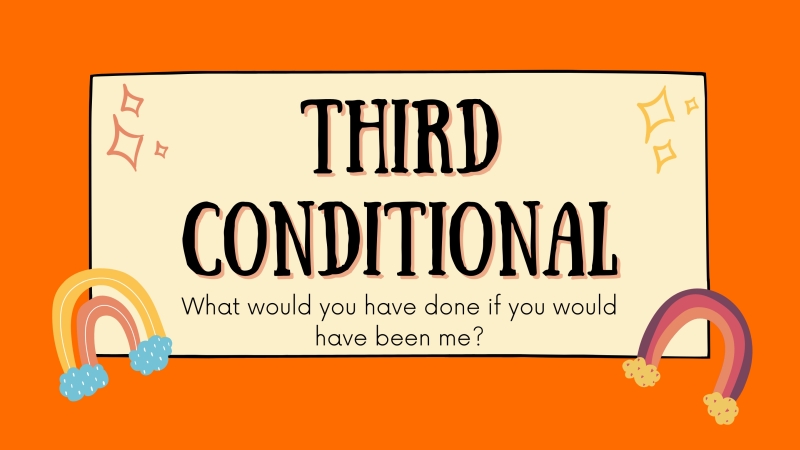
This refers to the unreal past. This means any situation contrary to facts from the past. It is a sort of wish or reflexive thought of what could have been if something happened differently or we acted differently. Therefore, this conditional could involve criticism and regrets although the past remains the past!
Let’s see some examples!
“If my mother had been here, she would have enjoyed this. Or with the inverted form: my mother would have enjoyed this if she had been here.”
“If it hadn’t been snowing heavily, we would have carried on skiing.”
“What would you have done if you would have been me?”
As you can see, the structure consists of an “if clause” using past perfect + a would have + main verb. And you can also invert it!
Short and Snappy
Now that you know how to build perfect tenses, you can unleash your imagination and add more words to the party! You could add for example the modal verbs in past (could, would, should) that are useful for expressing your present feelings about a past decision or action.
So the sky is the limit, you know how to use the word ‘been' so start putting it into practice and show off your skills!